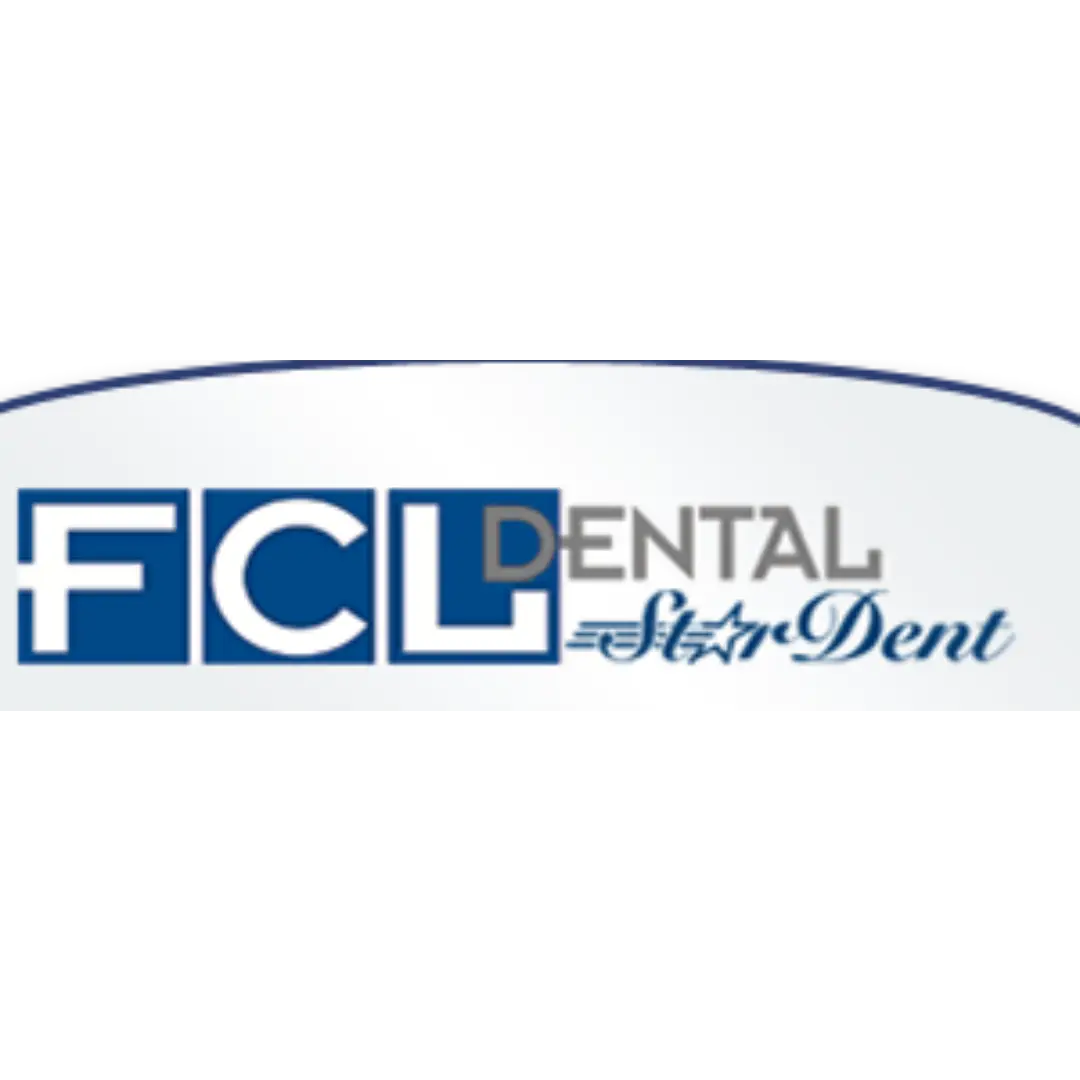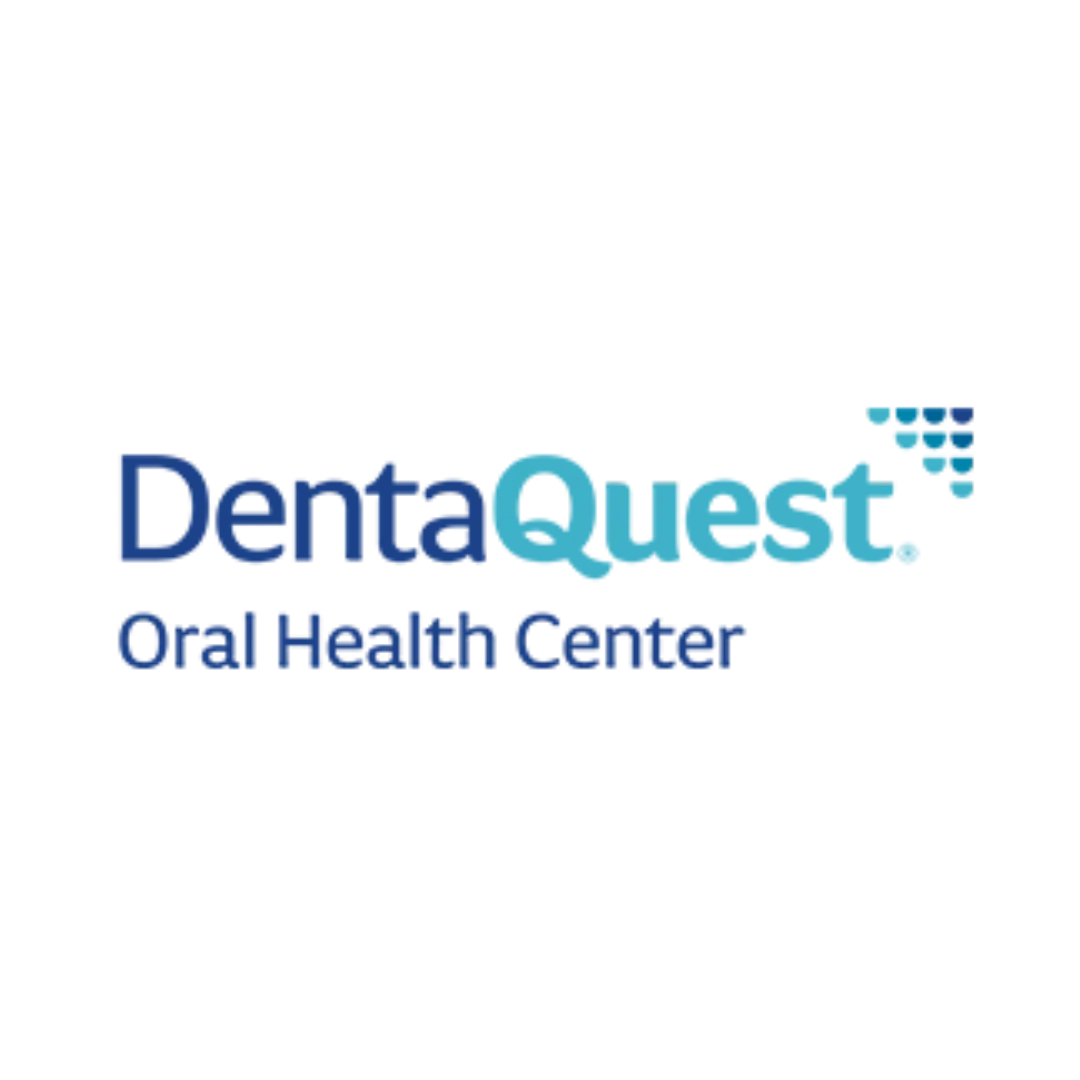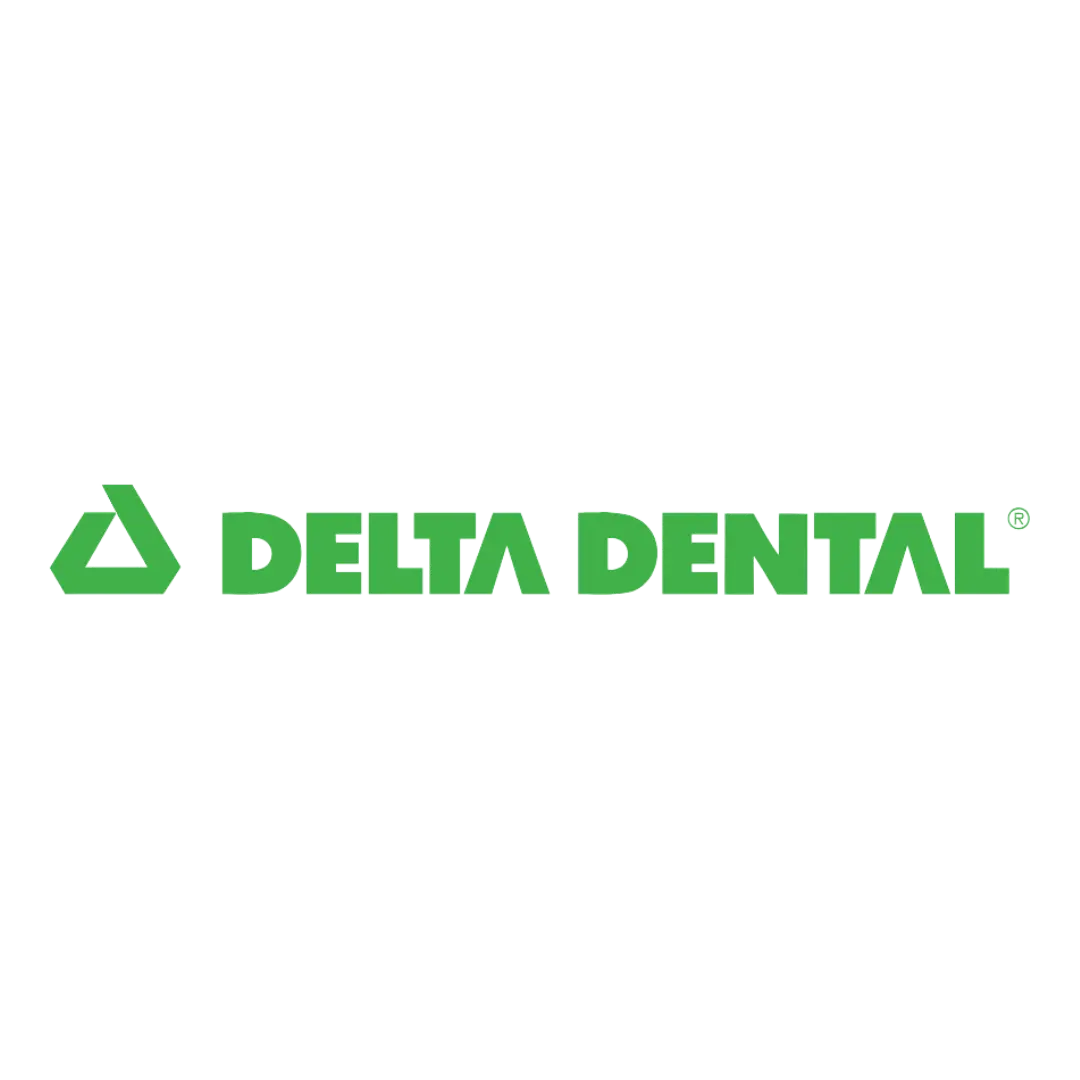Most mothers attest that pregnancy is an amazing thing. Knowing that life is developing inside you is a mind-blowing feeling. Pregnancy is filled with amazing moments, from subtle baby movements to robust baby kicks. However, we cannot also forget that it comes with a lot of changes, which means that there’s a lot that you have to take into consideration.
One thing worth considering is your oral health and visiting our Spring dentist, who will help you ensure that your teeth and gums are healthy. Keeping your pearly whites and gums healthy during pregnancy is not just a box you are ticking but a necessity.
However, dental anxiety can be a great hindrance since you may choose to ignore the much-needed dental care that our dentist offers. Thanks to sedation dentistry, you can relax during the entire procedure. But is sedation dentistry safe during pregnancy? Well, let’s find out!
Table of Contents
What is Sedation Dentistry?

Sedation dentistry in Spring, TX, involves using certain drugs to ensure our patients remain calm during dental procedures. Most people wrongly assume that sedation dentistry will always render them unconscious or unresponsive during their dental procedure. This thought compounds their fear, especially when one is pregnant.
The truth is that there are different levels of sedation and types of sedation. Each is administered according to your needs and preferences. Always remember that all safety measures are undertaken to ensure you receive the oral care you need without complications.
Read More: Top Benefits of Sedation Dentistry
Is Sedation Dentistry Safe During Pregnancy?
Yes, sedation dentistry can be safe during pregnancy, but it requires careful planning and precautions to ensure both the mother and baby are protected. At Charm Dental Care, we know that dental anxiety can sometimes make procedures challenging, So here’s what you need to know about sedation during pregnancy and the safest ways to approach it.
Professional oral health care is vital during all stages of life, including pregnancy. Expecting mothers will experience unique oral health issues such as enamel erosion because of morning sickness, pregnancy gingivitis, etc.
Therefore, for your benefit, you need to visit our Spring dentist for regular dental checkups. However, if you need some extensive work to be done, our dentist can use local anesthesia since it will not affect your pregnancy.
However, sedatives are not generally recommended for pregnant women if they need more than local anesthesia. For instance, there are concerns about nitrous oxide since there is a chance that the gas might pose some risks to the developing fetus. Such medications that can pass through the placenta should be avoided because there is a level of risk involved.
Due to this risk, most dentists might opt not to perform any procedures that require you to undergo sedation dentistry. Our dentist might decide to delay the procedure until after you give birth. But if it is not possible, our dentist will create a personalized treatment plan that will be safe for you and your child.
Dental care while pregnant requires a cyclic conversation involving our dentist. Therefore, our dentist will take the route that poses the smallest risk to your developing baby.
It is worth noting that dental care during the first trimester involving sedation is best avoided since it might affect the fetus. In the last trimester, deep levels of sedation may cause preterm labour.
But be good of good cheer! If you have a procedure such as a root canal treatment that cannot be rescheduled, a skilled dental team should be able to find a way that can somewhat be comfortable.
Read More: What Is the Safest Sedation for Children?
Dental Sedation Procedure?
Dental sedation involves using different drugs and alternating dosages to offer the required level of sedation. Each sedation will have varying levels of potency and strength.
However, deep levels of sedation are usually avoided during pregnancy; therefore, you can expect our dentist near you to oscillate between two types of procedures:
Nitrous Oxide Sedation
You might have encountered this type of sedation under a different name, “laughing gas.” This is by far the mildest level of sedation. Our dentist will place the gas mask over your mouth and nose to administer the gas. You will feel calm once you breathe it in within a few moments. You will be conscious and responsive during the entire procedure and remember your appointment afterwards.
Oral Sedation
Instead of breathing in nitrous oxide, our dentist might recommend that you go for oral sedatives. Our dentist will give you the oral sedative that you will take about 30 minutes before your procedure.
You will be more relaxed before you get in to receive your treatment. You will be conscious during the procedure, so you will still be able to answer questions, but there is a chance that you might not remember your entire visit.

Yes, dental anesthesia can be safe during pregnancy if used cautiously and with proper guidance from your healthcare providers. At Charm Dental Care, we understand the importance of oral health throughout pregnancy and the concerns that many expecting mothers have regarding dental treatments.
Here’s Everything You Need to Know About Managing Dental Anesthesia While Pregnant:
1. Local Anesthesia is Safe for Most Procedures
For most dental work, local anesthesia is considered safe during pregnancy. Commonly used anesthetics like lidocaine effectively numbs the treated area without significant risks to the developing fetus. Local anesthesia is administered in low doses, minimizing exposure and reducing potential risks, while providing the comfort you need for routine dental procedures.
2. The Second Trimester is Ideal for Dental Treatments
The second trimester is generally the safest period for dental procedures involving anesthesia. By this stage, the baby’s critical development is complete, and it is typically more comfortable for the mother than the later stages of pregnancy. If you require dental work, this is the best time to schedule it to ensure safety and comfort.
3. Avoid Anesthesia in the First and Third Trimesters When Possible
It’s usually advised to avoid dental anesthesia for pregnancy procedures in the first trimester, when the baby’s organs are forming, and in the third trimester, when anesthesia could potentially trigger preterm labour. Elective treatments are best postponed during these stages to minimize risks.
4. Emergency Procedures are an Exception
If a dental emergency arises that requires immediate attention, anesthesia may be necessary. In such cases, your dentist and obstetrician can work together to develop a safe treatment plan tailored to protect both you and your baby. Emergency care, such as addressing infections, is often vital and cannot always be delayed until after delivery.
5. Collaborate with Your Obstetrician and Dentist
It is always essential to consult both your obstetrician and dentist regarding any dental procedures during pregnancy. By working together, your healthcare providers can ensure that any use of anesthesia when pregnant is both safe and necessary, providing a personalized approach that safeguards the health of both mother and baby.
At Charm Dental Care, our team is committed to helping you maintain excellent oral health throughout your pregnancy, using safe and tailored approaches to meet your needs. If you have questions or would like to discuss dental care options during pregnancy, don’t hesitate to contact us for guidance and support.
Read More: How Does Sedation Dentistry Actually Feel?
Nitrous Oxide and Pregnancy: Is It Safe in the First Trimester?
No, nitrous oxide is generally not recommended in the first trimester of pregnancy due to potential risks to fetal development. While nitrous oxide, often known as “laughing gas,” is commonly used in dental procedures to help patients relax, there are specific considerations for its use during pregnancy, particularly in the early stages.
1. Risks of Using Nitrous Oxide in Early Pregnancy
In the first trimester, the fetus undergoes critical stages of development, including the formation of vital organs. Nitrous oxide can cross the placenta and reach the fetus, raising concerns about potential interference with these developmental processes.
Although more studies are needed to understand the full effects, most healthcare providers exercise caution and recommend against using nitrous oxide in early pregnancy.
2. Safer Alternatives During the First Trimester
If dental care is necessary during early pregnancy, local anesthesia is often the preferred choice. Unlike nitrous oxide, local anesthesia does not cross the placenta, making it a safer option for managing pain without potential risks to fetal development. This approach enables expectant mothers to receive essential dental care while prioritizing the baby’s safety.
3. Consult Your OB-GYN and Dentist for a Customized Plan
Open communication between your dentist and OB-GYN is crucial. Your healthcare providers can work together to determine the safest approach for dental care during pregnancy, especially if sedation is involved. For many pregnant patients, delaying non-urgent procedures involving nitrous oxide until after the first trimester, or even after delivery, is the safest route.
Final Thoughts
Sedation dentistry is a procedure that will help you get the care that you need without anxiety. However, we must all approach the issue cautiously during pregnancy to avoid unnecessary complications. You will need expert advice, so contact us at Charm Dental in Spring to schedule an appointment.
Frequently Asked Questions (FAQs)
Q1.Can you be Sedated While pregnant?
Yes, certain types of sedation, such as local anesthesia, are generally considered safe during pregnancy. However, stronger sedatives, like nitrous oxide or oral sedatives, are typically avoided unless necessary to minimize any risk to the developing fetus. Always consult your dentist and OB-GYN to choose the safest sedation options.
Q2.Can you be Sedated for a Tooth Extraction While Pregnant?
Yes, tooth extractions can be safely performed during pregnancy using local anesthesia, which numbs the area without affecting the entire body. The second trimester is usually the ideal time for such procedures to avoid risks associated with early fetal development or preterm labour.
Q3. Is Nitrous Oxide Safe During Pregnancy?
No, nitrous oxide is generally not recommended during pregnancy, especially in the first and third trimesters. Since nitrous oxide can cross the placenta, it may pose risks to fetal development, so most dental providers suggest alternative pain management options.
Q4.Can You Be Sedated for a Root Canal While Pregnant?
Yes, a root canal can be safely performed during pregnancy with the use of local anesthesia. As with other procedures, the second trimester is often the best time for a root canal, as this avoids potential risks to fetal development while ensuring patient comfort and safety.



























